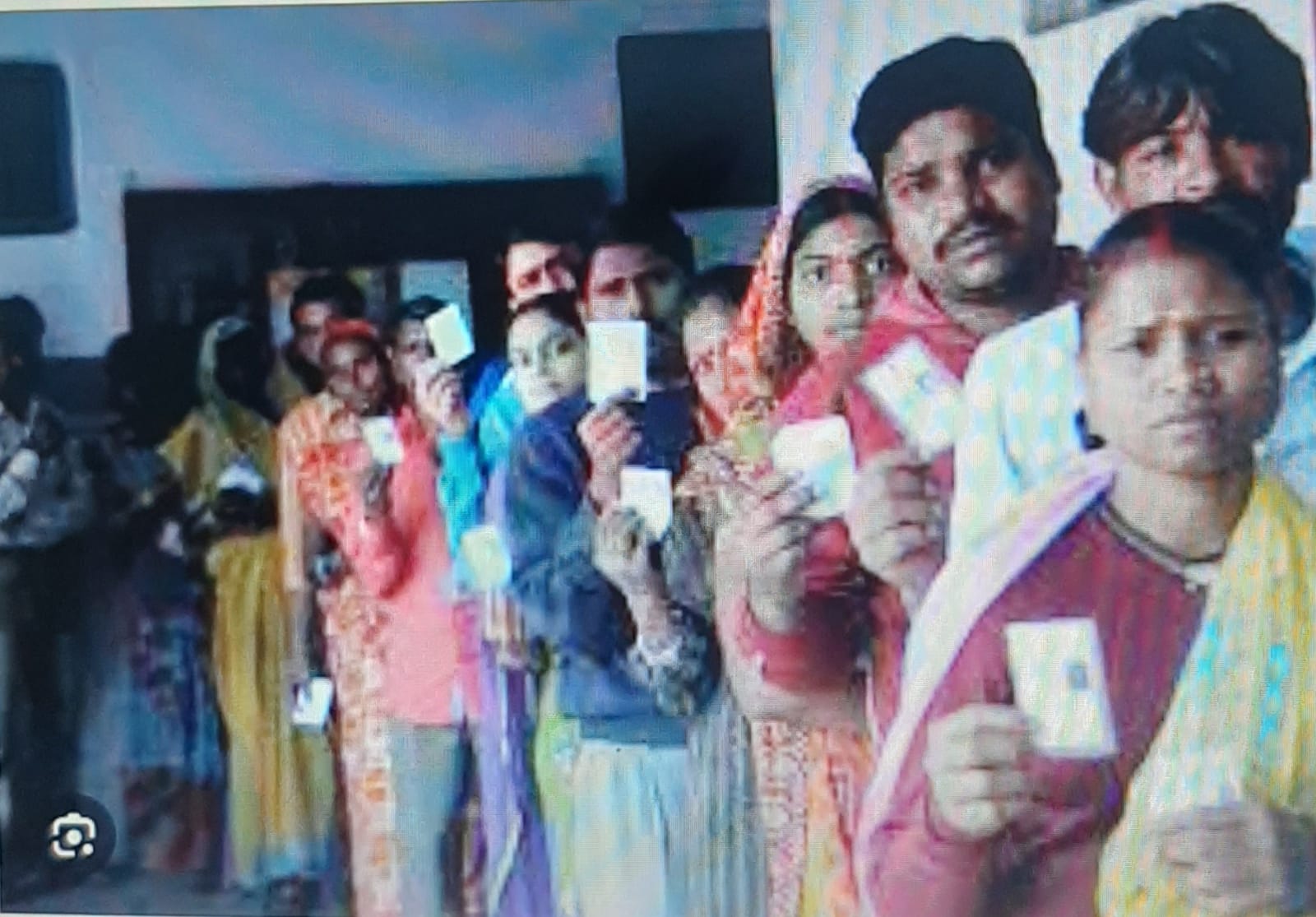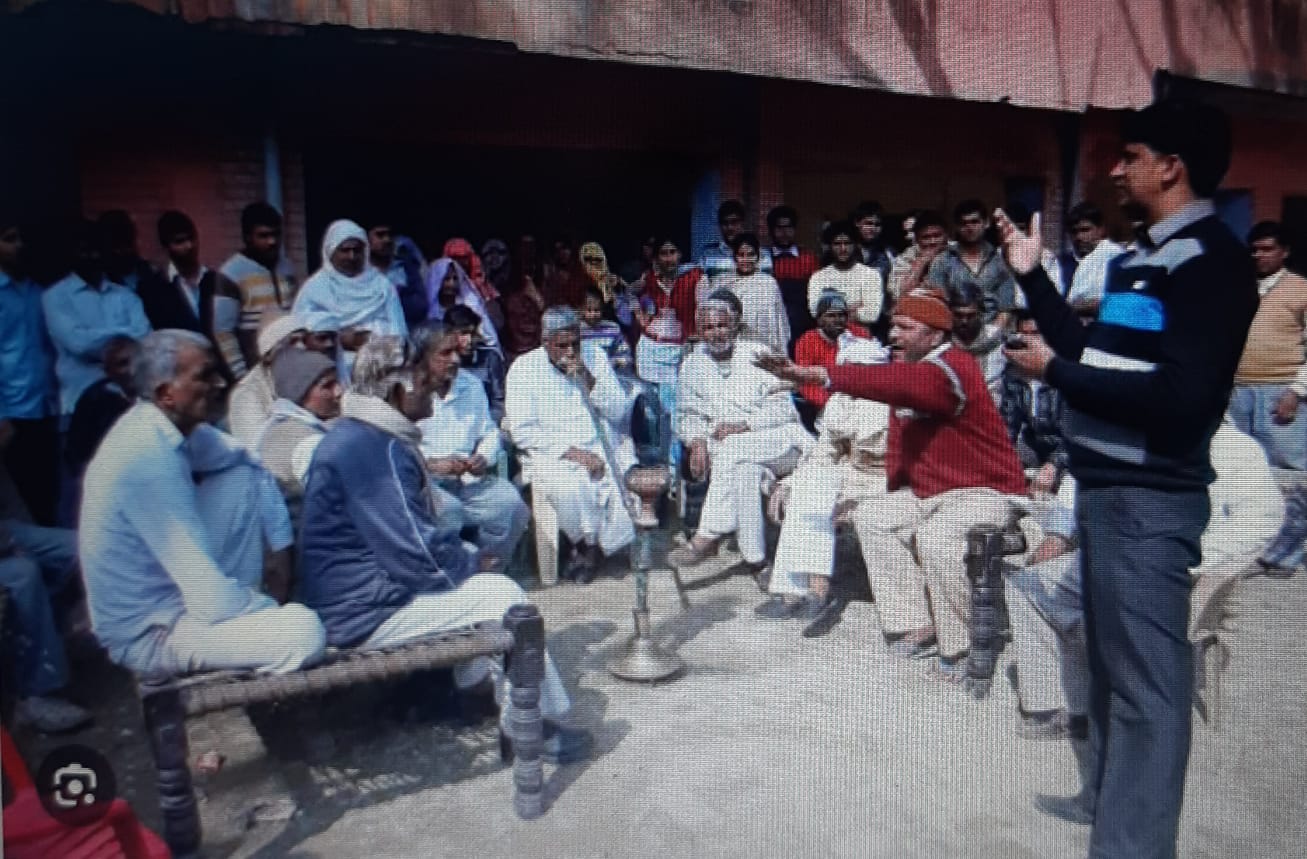
DN&V Correspondent
New Delhi: Almost 40% of all the persons who tested positive for coronavirus disease (Covid-19) across age groups were found to be asymptomatic, as per data from the All India Institute of Medical Sciences. The data was presented while discussing sensitivity and use of various detection tests by the doctors at the recent National Grand Rounds, a virtual platform for doctors across the country to discuss recent trends and issues in Covid-19 management.
With 73.5%, the highest proportion of asymptomatic cases was reported among children below the age of 12. The proportion decreased linearly with age, with only 38.4% of the cases among those above the age of 80 being asymptomatic.
“This is the data from our centre. The relevance comes in when we question the validity of an RT PCR test. As there are no symptoms in many of the patients, we do not come to know on which day we are sampling them,” said Dr Urvashi Singh, professor, department of microbiology at AIIMS.
The data from the centre showed that the most common symptoms of Covid-19 were fever, fatigue, and loss of smell.
While reviewing the current detection tests available in the market, the doctors said CBNAAT or TrueNat – which are cartridge- or chip-based quick molecular tests – are beneficial in semi-emergent patients.
“In cases of emergency, one should proceed thinking that the person is positive and take all the precautions. However, in case of semi-emergency, CBNAAT and TrueNat are good tests that can give accurate results quickly and can help in deciding whether a surgery should be performed at the Covid-19 centre,” said Dr Randeep Guleria, director, AIIMS.
The doctors also added that there were benefits of the less sensitive rapid antigen test as it can quickly help in screening a positive person in the hospital emergency and allow swift treatment, like in the case of a 65-year-old who came in with sepsis to the hospital.
“The Rapid Antigen Test is a good tool for screening and early diagnosis that can help in triaging patients in the emergency and allow rapid management. This is especially true in the low resource setting centre,” said Dr Pawan Tiwari, assistant professor in the department of pulmonology at AIIMS.
The Indian Council of Medical Research recommends molecular tests as the preferred method in hospital settings.









